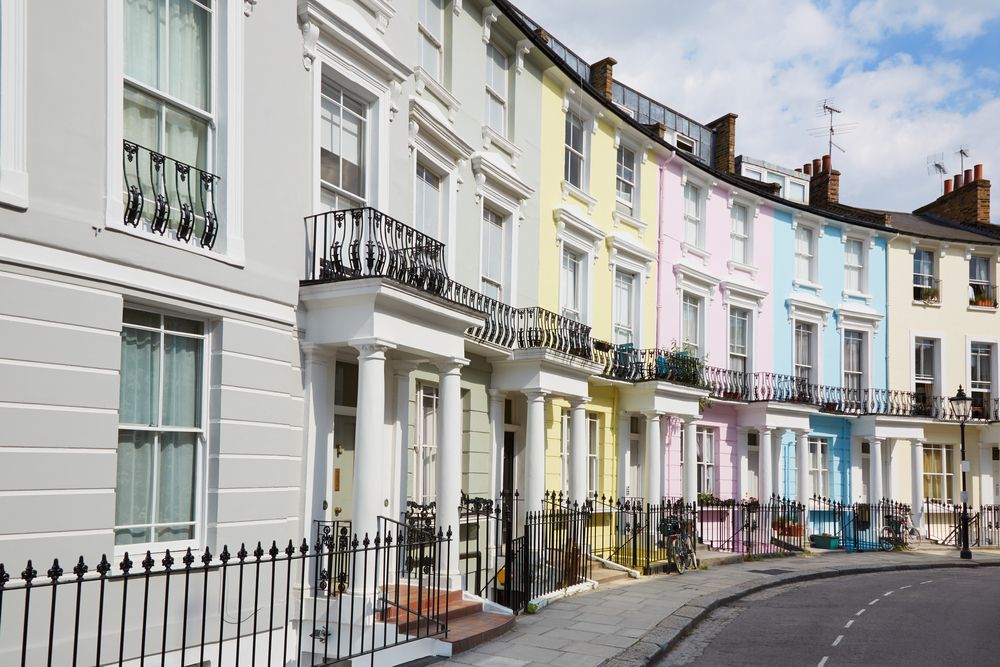Where did house prices increase the most in 2016?
Posted on: Monday, February 6, 2017

UK property prices rose by 6.5% in 2016, Halifax said, while according to Nationwide Building Society’s House Price index, prices were 4.5% higher by the end of the year, having risen by the same rate as in 2015.
East Anglia
The building society said that all regions of the country experienced house price growth in 2016, with East Anglia seeing the strongest price increases over the year. Average prices there were up more than 10% year-on-year.
Luton and Bedfordshire
According to Halifax, Luton recorded the biggest percentage rise in house prices among the largest UK towns and cities in 2016, with the average property price in the Bedfordshire town rising by 19.4% over the year.
Scotland, East Midlands, Northern Ireland
Nationwide’s house price report, which includes a look at the differences in affordability across the UK, found that certain areas such as Scotland, the East Midlands and Northern Ireland have seen improvements over the last decade.
2017: what next for house prices?
Both Nationwide and Halifax suggested that house price growth will be more modest this year, due to uncertainty surrounding Brexit negotiations, combined with slower economic growth.
Nationwide is expecting a gain of around 2%, while Halifax expects prices to slow to between 1% and 4% in 2017. The bank’s chief economist, Martin Ellis, said the wide range for the forecast reflected the “higher than normal degree of uncertainty regarding the prospects for the UK economy this year”.
Both lenders said that a lack of housing supply combined with low mortgage rates should help underpin the property market over the next 12 months.
Low rates not only benefit existing homeowners, who are often able to substantially reduce their monthly outgoings by remortgaging to a cheaper deal, but also buyers, as they make it more affordable for them to purchase property.
Although some of the lowest deals have now been withdrawn, homebuyers still have a very competitive range of mortgages to choose from, with many deals accessible to those with smaller deposits to put down.
Annual house price growth is expected to slow over the course of 2017, according to some of Britain’s biggest lenders, but will be supported by a shortage of properties and low interest rates.
• London & Country is the UK's largest fee free mortgage broker and adviser.
• For more information on the Guild, visit our homepage.
